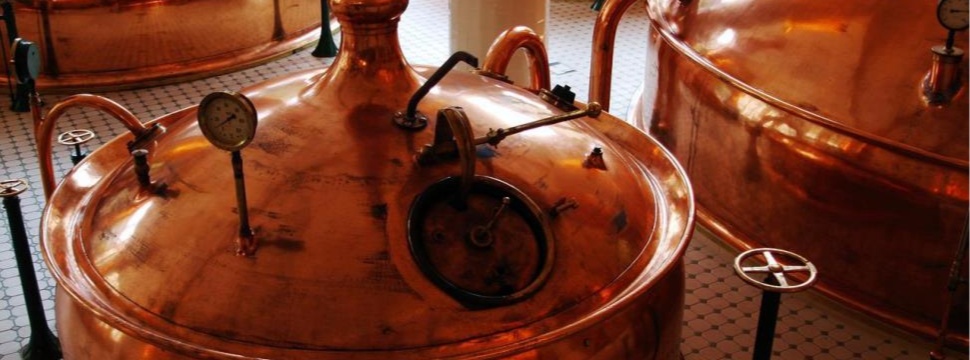Breweries as energy suppliers
News News blog
In the past, when the adjective "sustainable" appeared in connection with brewery products, it was usually understood to mean the influence of beer on the mind and body - taking into account, of course, the alcohol content present in the beer.

Thanks to a research project at Münster University of Applied Sciences, however, the term "sustainability" is now taking on a whole new meaning in breweries. The research project is about generating energy from brewery wastewater by means of dark fermentation.
What is dark fermentation?
Anaerobic fermentation from biomass produces biohydrogen (H2), methane (CH4) and carbon dioxide (CO2). This biomass is also found, for example, in the waste water of breweries. In simple terms, fermentation means the conversion of organic substances. The fermentation discussed here is a dark one because it shields the wastewater from air and light. It mainly produces hydrogen and a mixture of organic acids, mainly acetic, lactic, butyric and propionic acids. Waste water is particularly efficient for the dark fermentation process if it contains starch and sugar. Conditions that are found in the waste water of the food industry, especially those of breweries.
How can fermented brewery wastewater be used?
Hydrogen can generate electricity and heat, for example, or serve as a fuel to power engines. The hydrogen fermented from brewery wastewater could be used directly. The other products of dark fermentation in turn support the production of methane-forming bacteria. The resulting methane can in turn be fed into the gas grid to a large extent. In this context, it should not be concealed that carbon dioxide (CO2) is also produced as a by-product of dark fermentation - the proportion is about 25 %. However, this would also be produced in the conventional purification of wastewater, in which no energy is generated.
Fermented brewery wastewater can therefore be a tool to produce "green" energy and electricity. Breweries, hard hit by the energy crisis and gas shortage, can thus do something about the energy crisis themselves by fermenting their wastewater.
Advantages for breweries
The dark fermentation process would not only be energy-saving and particularly environmentally friendly. The cost-intensive, conventional purification of waste water would also be eliminated and could thus also conserve the breweries' financial resources.
The two-stage dark fermentation plant is being researched at Münster University of Applied Sciences as part of the HyTech project. The project website states: "The aim of the HyTech project is to create the basis for the implementation of pilot plants for biohydrogen production by means of dark fermentation, as well as to demonstrate possible economic uses of the biohydrogen, such as direct feed-in, use in fuel cells, biological methanisation or directly as fuel (biohydrogen).
Advantages for breweries
The dark fermentation process would not only be energy-saving and particularly environmentally friendly. The cost-intensive, conventional purification of waste water would also be eliminated and could thus also conserve the breweries' financial resources.
The two-stage dark fermentation plant is being researched at Münster University of Applied Sciences as part of the HyTech project. The project website states: "The aim of the HyTech project is to create the basis for the implementation of pilot plants for biohydrogen production by means of dark fermentation as well as to demonstrate economic utilisation possibilities of the biohydrogen, such as direct feed-in, utilisation in fuel cells, biological methanisation or directly as fuel (biohydrogen)".
This is a goal that we at Birkner`s Beverage World absolutely support. We can also support breweries in entering new markets, entering into cooperations or staying informed about trends and news in our industry. Get in touch with us.
Fabian Hertel










